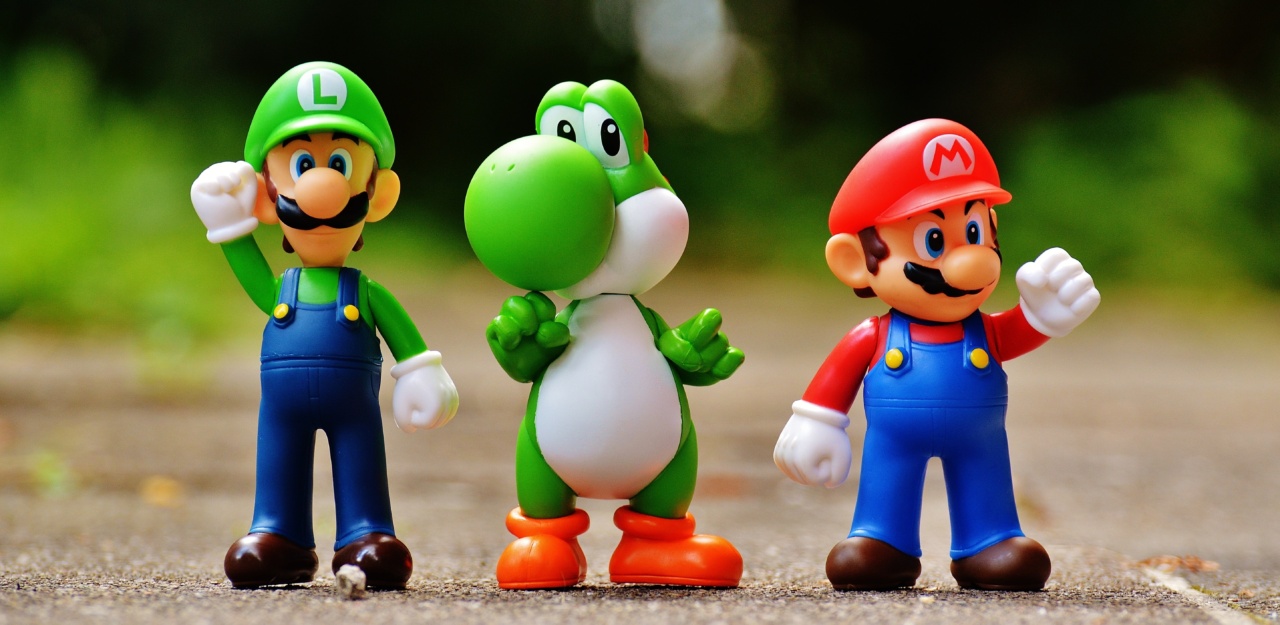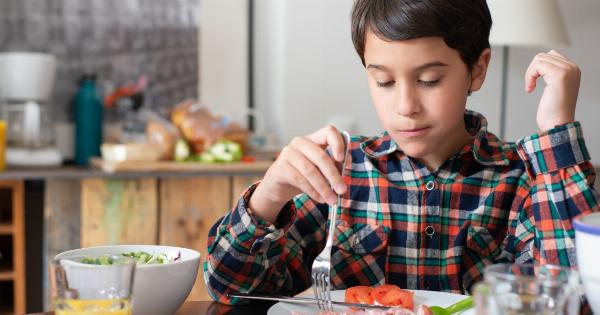Disrespectful actions of children can be a difficult thing to address for parents, teachers, and other caregivers.
Although it is natural for children to test boundaries and challenge authority, disrespectful behavior can be hurtful and harmful to others. What causes these behaviors and how can they be buried?.
Nature vs. Nurture
Some people believe that disrespectful behavior in children is simply “bad genetics” or something they are predisposed to because of their family history.
While there may be some truth to this, it is also important to consider environmental factors. Children who grow up in households where disrespect is normalized are more likely to act out in that way themselves. This is why it is crucial for parents to model respectful behavior in their interactions with their children and with others.
Lack of Discipline
Another reason why children may engage in disrespectful behavior is a lack of discipline or consequences for their actions. Parents who are inconsistent with their discipline may inadvertently reinforce this type of behavior.
For example, if a child knows they can get away with talking back to their parents without any consequence, they may continue to do so. This is why it is crucial for parents to establish clear rules and consequences for disrespectful behavior, and to follow through consistently when those rules are broken.
Emotion Regulation
Children who struggle with emotion regulation may also be more prone to disrespectful behavior. When children are unable to express their emotions in a healthy way, they may lash out at others in a disrespectful manner.
This is why it is important for parents and caregivers to model healthy emotional regulation skills, and to teach children how to manage their emotions in a constructive way. This can include things like deep breathing exercises, mindfulness techniques, and taking a break when emotions become too overwhelming.
Low Self-Esteem
Children with low self-esteem may also be more likely to engage in disrespectful behavior. When children feel insecure or inadequate, they may act out in order to assert their dominance or to feel powerful.
This is why it is important for parents and caregivers to help build up children’s self-esteem by providing positive reinforcement, encouragement, and praise for their accomplishments.
Peer Pressure
Finally, peer pressure can play a large role in why children engage in disrespectful behavior. When children are in groups with their peers, they may feel pressure to conform to the group’s norms and behaviors.
If disrespect is normalized within the peer group, children may engage in that behavior in order to fit in. This is why it is crucial for parents and educators to monitor children’s social interactions, and to help children understand the importance of standing up for what is right, even if it goes against the group’s norms.
Burying Disrespectful Behavior
Now that we have explored some of the reasons why children may engage in disrespectful behavior, let’s talk about how we can bury these behaviors and encourage more respectful interactions.
Establish Clear Boundaries
It is important for parents, educators, and other caregivers to establish clear boundaries and expectations for respectful behavior. This means setting rules around things like name-calling, interrupting others, and disrespectful language.
It also means enforcing consequences when these rules are broken. By establishing clear boundaries and consequences, children will understand what is expected of them and will be less likely to engage in disrespectful behavior.
Provide Positive Reinforcement
Positive reinforcement is a powerful tool in encouraging respectful behavior in children. When children engage in respectful behavior, it is important for parents and caregivers to provide praise and encouragement.
This can include things like verbal praise, a hug, or a special treat. By providing positive reinforcement, children will be more likely to repeat the behavior in the future.
Model Respectful Behavior
Parents and caregivers are some of the most influential people in a child’s life. By modeling respectful behavior in our own interactions, we can teach children how to interact with the world in a positive and constructive way.
This means using kind language, listening actively, and treating others with kindness and empathy.
Teach Emotional Regulation Skills
As we discussed earlier, children who struggle with emotional regulation may be more prone to engaging in disrespectful behavior. This is why it is important to teach children healthy emotion regulation skills.
This can include things like deep breathing exercises, mindfulness techniques, and taking breaks when emotions become overwhelming. By teaching children how to manage their emotions in a constructive way, we can reduce the likelihood of disrespectful behavior.
Encourage Strong Friendships
Finally, strong friendships can play a powerful role in reducing disrespectful behavior in children. When children have positive, supportive peer relationships, they are less likely to engage in negative behaviors like disrespect.
It is important for parents and educators to encourage children to develop positive friendships, and to help them resolve conflicts in a constructive way when they do arise.
Conclusion
Disrespectful behavior in children can be hurtful and harmful to others. By understanding the root causes of this behavior, we can take steps to address it and encourage more respectful interactions.
This includes establishing clear boundaries and consequences for disrespectful behavior, providing positive reinforcement, modeling respectful behavior ourselves, teaching emotion regulation skills, and encouraging strong friendships. By working together, we can create a more positive and respectful world for all.



























